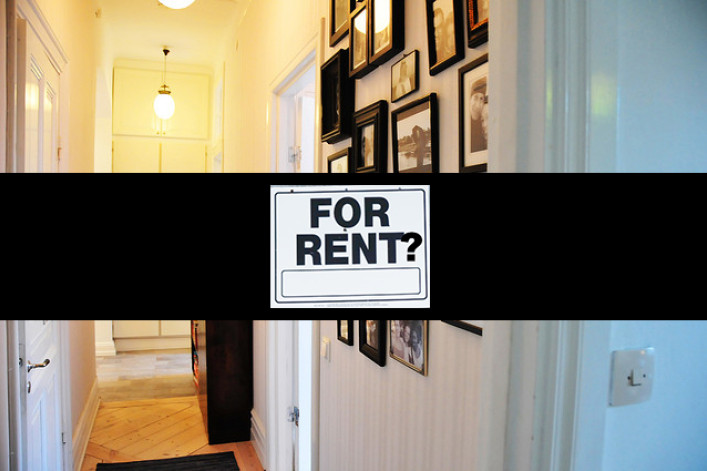Do I really have to pay a 25 percent fee to sublet my co-op?

Q. I recently rented out my co-op, and beforehand approached the building management to see what I needed to know about the process. I paid the typical move-in and application fees. However, now that the tenant has moved in, the co-op has started billing me a "sublease" fee of 25 percent of the monthly rent, although there was no mention of this in the application paperwork. (If I'd known about the fee, I would have increased the rent!) Are they responsible for informing me about this extra charge? Do I have any recourse?
A. It's true, many co-op buildings charge residents for the privilege of renting out their apartments, partly to compensate for the wear and tear of someone moving in and out, but mostly to deter people from subletting with abandon. While it’s common for boards to give shareholders a heads up about any sublet fees during the application process, they’re under no legal obligation to disclose it in the application itself or during discussions about the process, our experts say.
However, the policy has to be a formal one—that is, either adopted by the shareholders or the board as a resolution, notes Dean Roberts, a real estate attorney at Norris McLaughlin & Marcus who works with co-op and condo boards. “Further, there has to be language in the proprietary lease that allows the cooperative to instigate this policy,” Roberts explains. “It does not specifically have to say ‘subletting,’ but there has to be a provision allowing for these type of charges.”
If the board didn’t adopt the policy properly, it wouldn’t be binding—and you wouldn’t have to pay the fee—so it’s important to review how the board implemented and disclosed it, Roberts says. Check if it’s mentioned in the board minutes or in a board memo, and write to the managing agent to get written proof of the policy. You could formally contest it, either by refusing to pay the fee and disputing it in housing court or by paying the fee “under protest” and filing a lawsuit in state court, Roberts says.
But this may not be your best bet. “Courts tend to be very deferential to policies such as these implemented by boards, even if not done correctly,” Roberts says.
Another route—with a potentially lower chance of neighborly discord—is to request a meeting with the board or its executive committee and hash out an agreement. They may reduce the fee or waive it altogether for the current sublet, as long as you agree to pay it for any future tenants, Roberts says.
Related:
Ask an Expert: What's a normal sublet fee?
Ask an Expert: how much can my condo board charge me to rent out my place?
Ask an Expert: different sublet rules for different co-op owners--fair or foul?






















